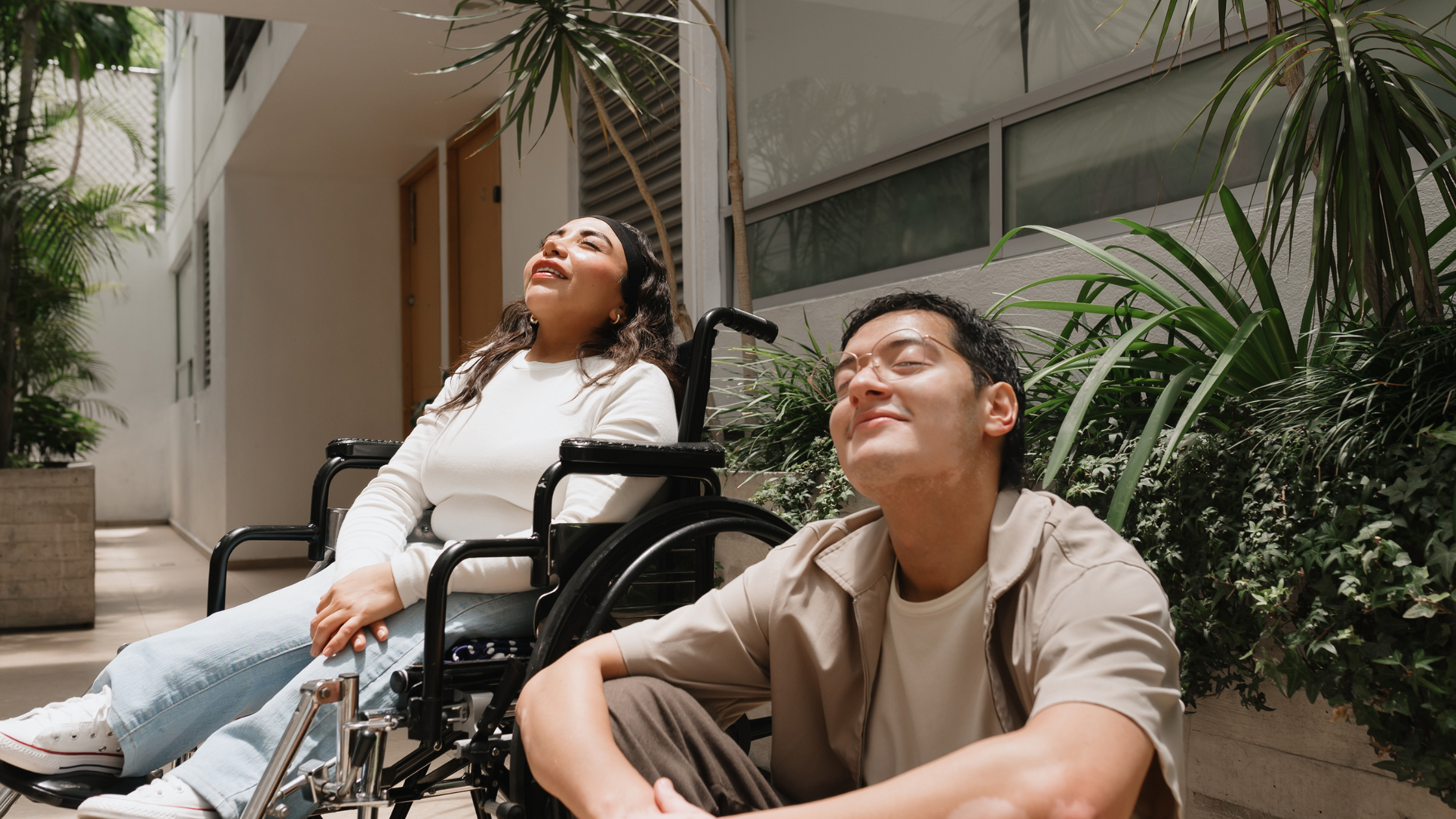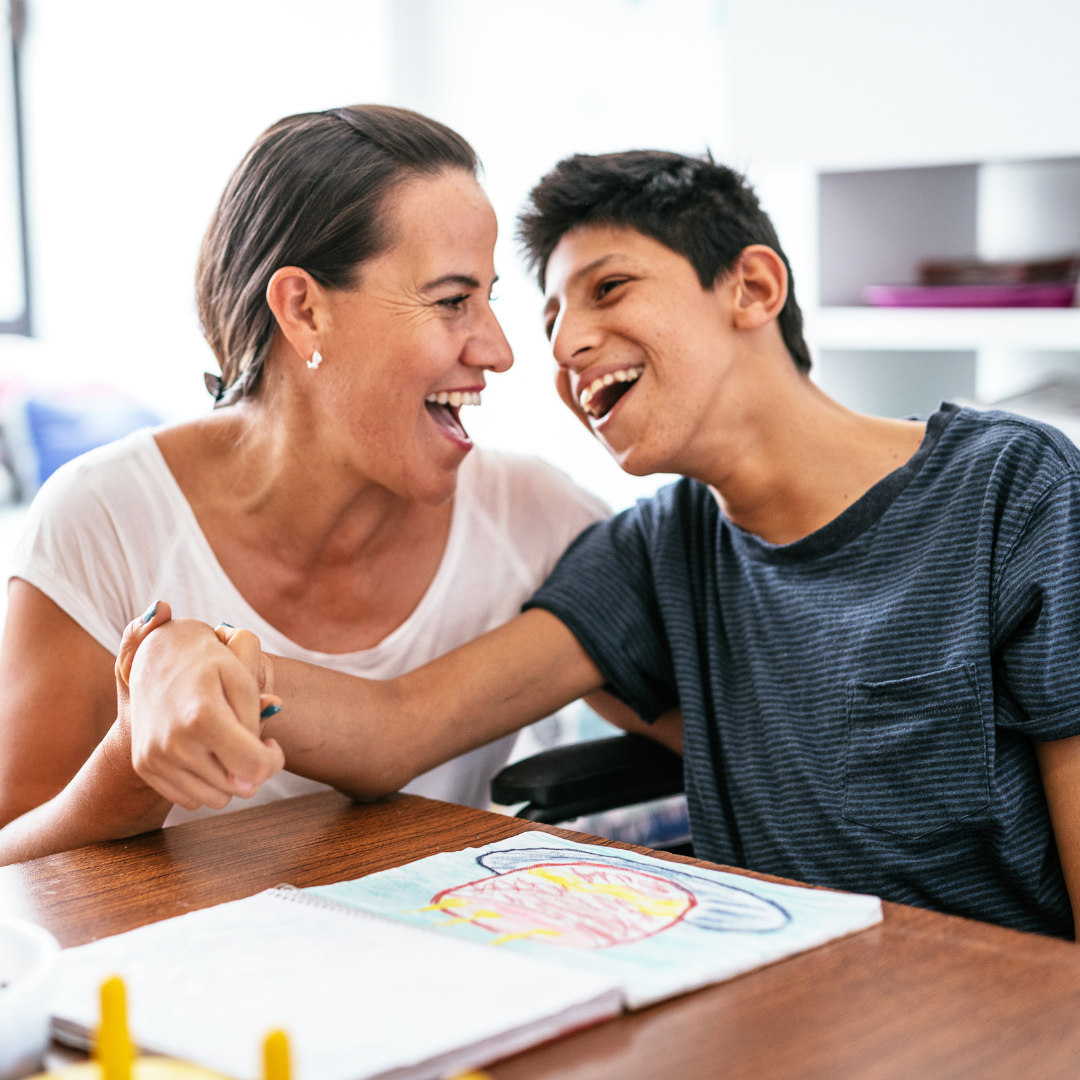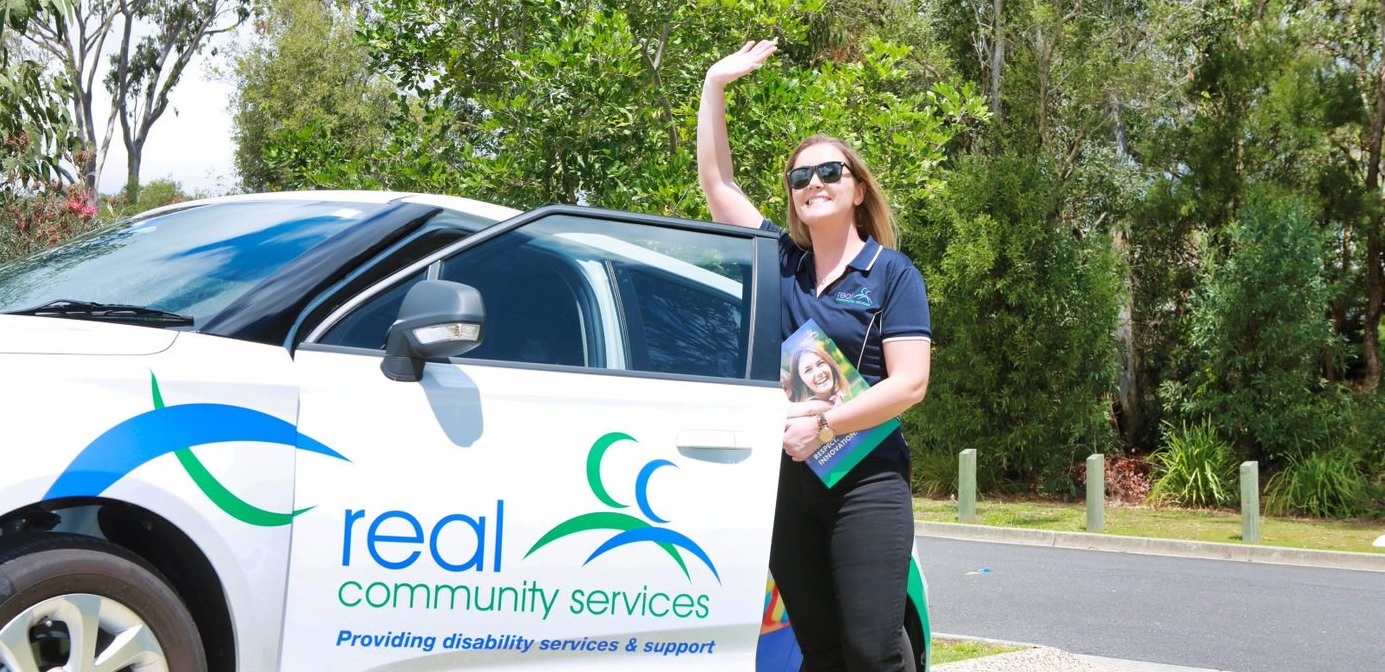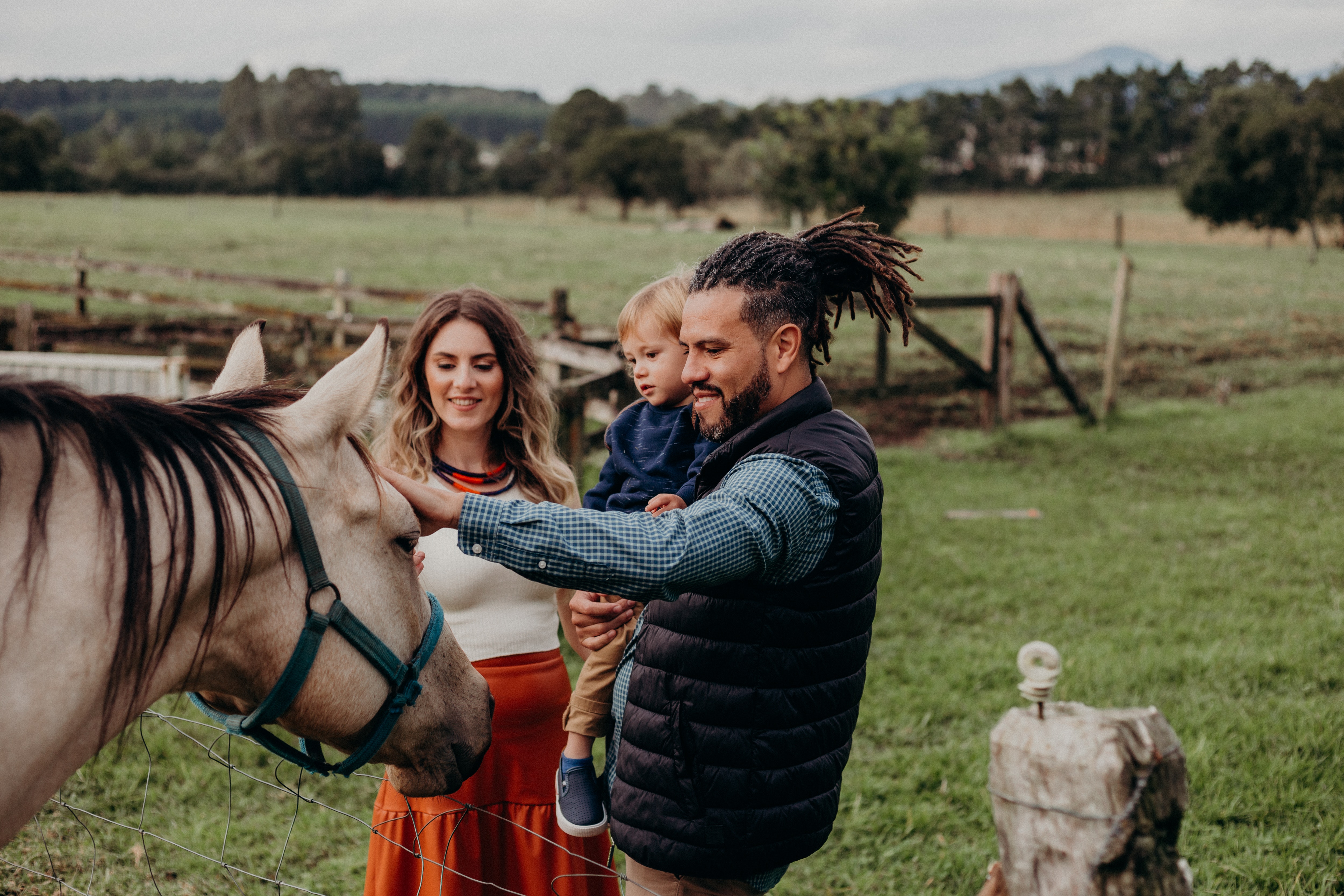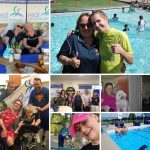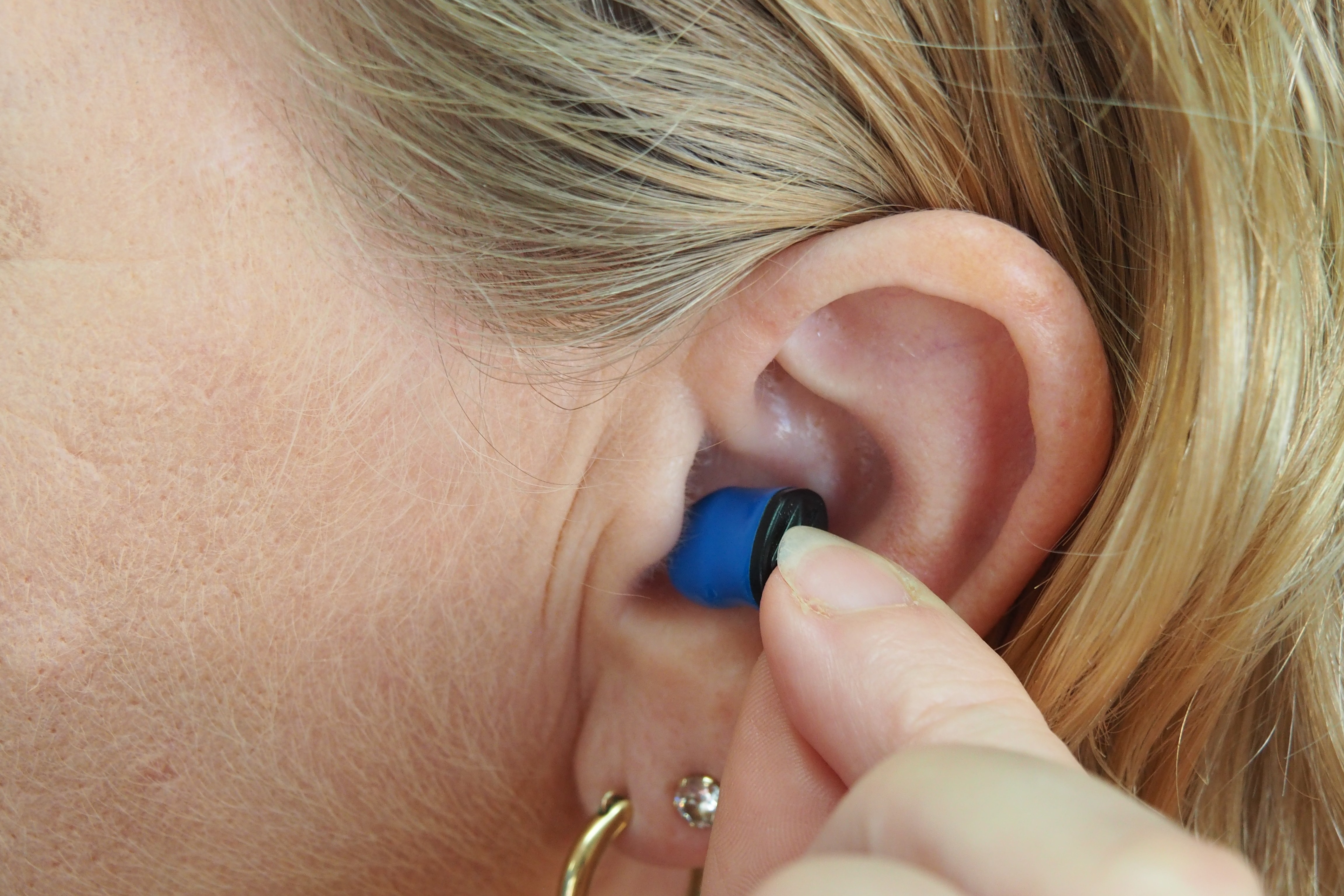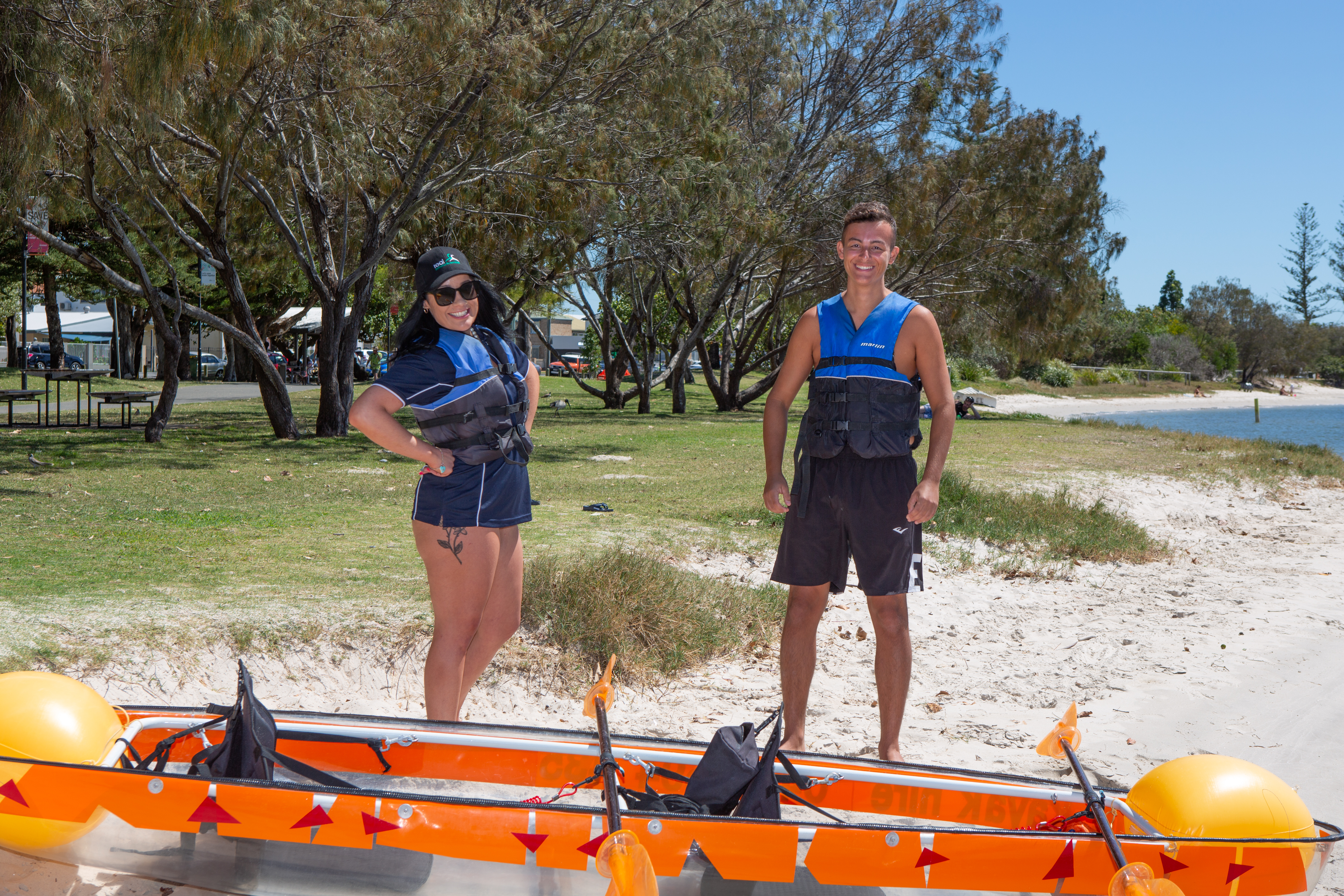What is Aphasia?
The recent announcement by actor Bruce Willis’ family has put aphasia into the news cycle and with it brought heightened awareness and interest in this condition. Bruce Willis is not the first celebrity to present with aphasia, this Everyday Health article shows how varied both the condition and recovery from it can be.
Aphasia is a language disorder that affects your ability to communicate. It can occur suddenly after a stroke or head injury or develop slowly from a growing brain tumour or disease. Affecting a person’s ability to express and understand written and spoken language, it can happen to anyone at any age but is more common in older people.
What are the symptoms?
With more than 10,000 cases diagnosed in Australia each year, the severity and types of symptoms vary based on the area of the brain affected and the extent of the damage to the brain.
Symptoms of Aphasia include:
- Trouble speaking clearly
- Difficulty understanding speech
- Inability to write clearly
- Trouble understanding written words
- Difficulty remembering words
- Trouble remembering object names
What causes Aphasia?
Impacting about 30% of the stroke population, aphasia can also occur following a head injury, because of dementia or a brain tumour or other diseases impacting the brain.
How do you get diagnosed?
Starting with a trip to your GP, diagnosis will include a physical examination and neurological review to assess sensory and motor responses. Based on those findings an MRI of the brain may be undertaken to check for abnormalities in the brain and neck. And finally, a language test to determine use of right words, ability to read and repeating some words.
What are the treatment options?
Aphasia is a lifelong condition most common in ages 60 and over. Whilst there is no known cure, treatment can help manage the condition. Treatment will be based on the intensity of damage to the brain by speech and language therapy or in some cases surgery. Melbourne speech pathologist, John Pierce has built a free website for those suffering from Aphasia that helps them work on listening, reading, spelling, and naming items through an interactive therapy menu.
How do I get help with Aphasia?
The Australian Aphasia Association (AAA) was established in 2000 and supports families and members from all states and territories across Australia.
The Centre for Clinical Research Excellent (CCRE) in Aphasia Rehabilitation conducted an Australia-wide research program from 2009 – 2015. The program brought together leading speech pathology researchers, clinicians, and manager to develop the Australian Aphasia Rehabilitation Pathway, a set of guidelines for aphasia services.
The Real Community Services Support Coordination team can help in connecting you to providers like speech pathologists and help you navigate and access community and mainstream services.
Remember, Aphasia affects every person differently. They often know what they want to say but have difficulty getting their message out. For assistance, contact the Real Community Services team here.


